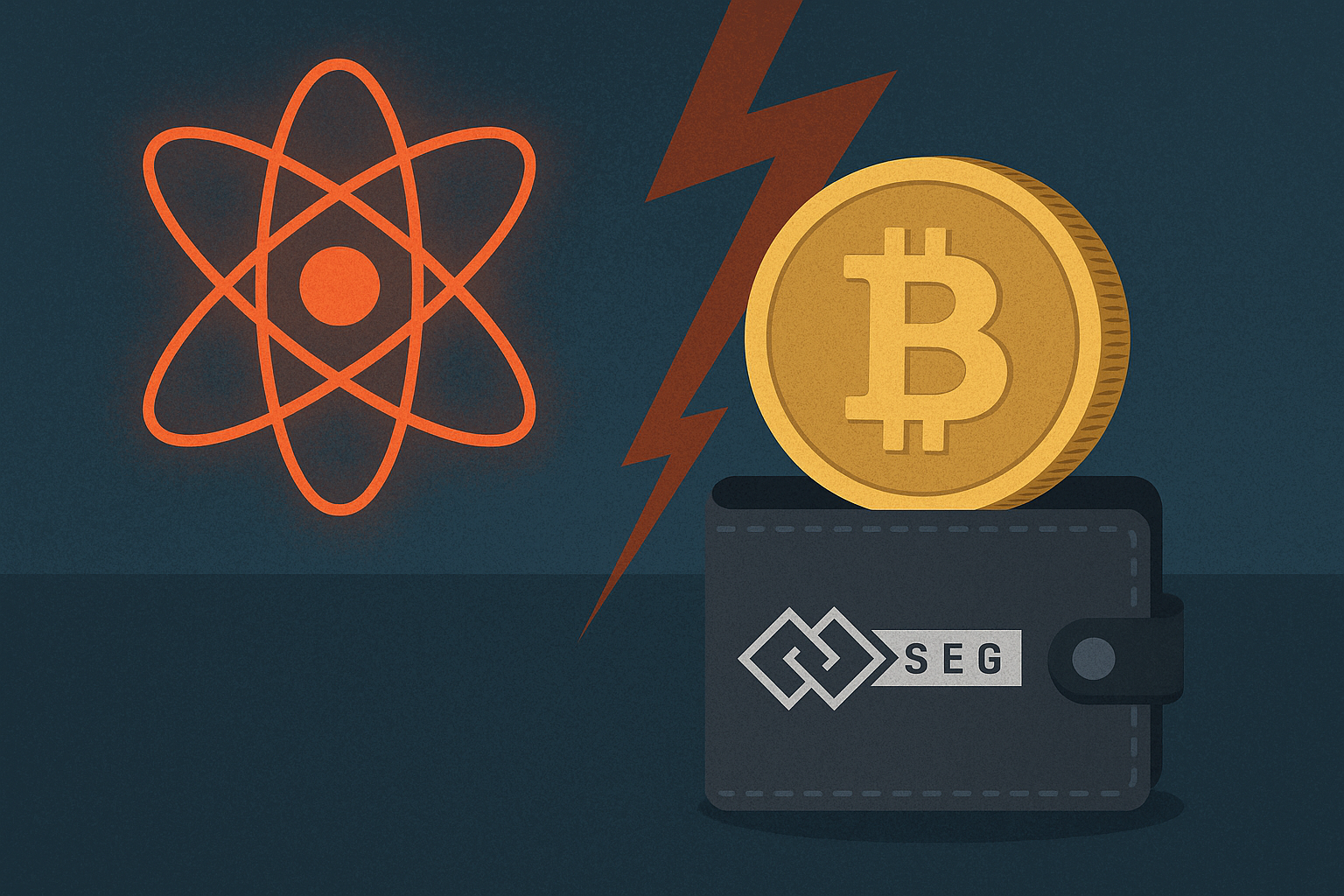
- SegWit wallets delay public key publicity till the purpose of transaction.
- Holding Bitcoin in SegWit addresses affords short-term safety if left untouched.
- Critics consider sensible quantum computing stays a long time away.
Quantum computing’s long-theorised menace to Bitcoin is resurfacing within the crypto dialog.
The concept that a strong sufficient quantum machine may break cryptographic safety and expose Bitcoin keys has moved from theoretical chatter to sensible concern.
Bitcoin analyst Willy Woo recently suggested a short-term safeguard: retailer Bitcoin in SegWit addresses for the following seven years.
Whereas the tactic has sparked debate, the broader neighborhood stays divided over whether or not quantum computer systems are an actual, imminent menace or simply the newest tech-driven scare.
SegWit affords delayed public key publicity
Segregated Witness (SegWit), launched on 23 August 2017, is a protocol improve that modifications how information is saved in Bitcoin transactions. Woo means that SegWit’s delayed public key publicity may act as a deterrent in opposition to quantum assaults.
In contrast to Taproot, which exposes the general public key instantly throughout the deal with, SegWit solely reveals it throughout transaction execution.
This delay makes it more durable for a quantum laptop to reverse-engineer the non-public key from the general public one earlier than the transaction is accomplished.
Beneath present circumstances, exposing a public key doesn’t current a lot of an issue. Nevertheless, if and when quantum computing advances to the purpose of real-time decryption capabilities, the publicity window of Taproot wallets may very well be a key vulnerability.
In distinction, SegWit’s hashing conceals the general public key behind a layer of encryption till completely essential. This may increasingly maintain Bitcoin safer throughout this anticipated transition interval.
Hodling in SegWit comes with main constraints
Whereas the SegWit methodology might provide safety, it carries a essential limitation. In keeping with Woo, customers should not transfer their Bitcoin from the SegWit deal with.
Any outgoing transaction would expose the general public key, doubtlessly inviting a quantum assault if executed throughout the transaction.
As such, this methodology shouldn’t be viable for energetic merchants or anybody needing liquidity within the quick time period. It’s a static defence mechanism, not a dynamic resolution.
This method successfully places Bitcoin in a vault. It’s protected however inaccessible. It’s also solely as safe because the continued absence of real-time quantum decryption.
If a breakthrough comes sooner than anticipated, even SegWit-held cash may very well be compromised throughout withdrawal. Woo acknowledges that that is solely an middleman measure.
It’s meant to bridge the hole till a quantum-resistant Bitcoin protocol turns into accessible.
Specialists disagree over SegWit’s efficacy
Not everybody agrees that SegWit gives any significant safety. Charles Edwards, founding father of digital asset fund Capriole, has dismissed the idea as ineffective.
He argues that SegWit shouldn’t be a quantum-safe mannequin and counting on it may delay essential community upgrades.
According to Edwards, the idea that Bitcoin has a seven-year buffer interval may create complacency, weakening strain to speed up work on quantum-resistant algorithms.
This disagreement underscores a broader lack of consensus within the crypto house on how severely the neighborhood ought to take quantum danger.
Though protocol upgrades are beneath growth, there’s concern amongst builders that present initiatives are progressing too slowly.
Some argue that present safety layers weren’t constructed with quantum capabilities in thoughts, making them structurally susceptible no matter transaction format.
Sceptics say quantum fears are overblown
Regardless of the alarm, some locally consider the danger is being overstated. Critics level to quantum computing’s persistent technical limitations.
In a post in February, Bitcoin advocate Adrian Morris claimed quantum tech is “barely viable”, citing points with thermodynamics, reminiscence, and chronic calculations.
Others argue that conventional monetary methods and main banks could be much more enticing targets for early quantum assaults than a decentralised community like Bitcoin.
Woo notes that Bitcoin held by custodians, resembling ETFs or treasury companies, could also be higher shielded within the interim. That is solely true if these establishments take proactive steps to safe their holdings.
Till a complete improve is carried out, the quantum debate will proceed to form discourse round Bitcoin’s long-term safety.

